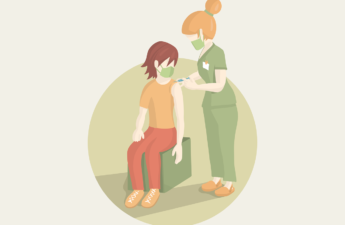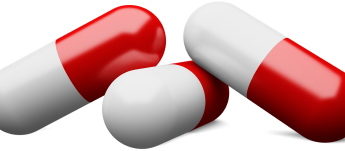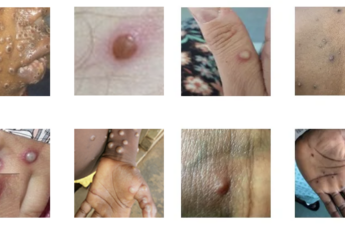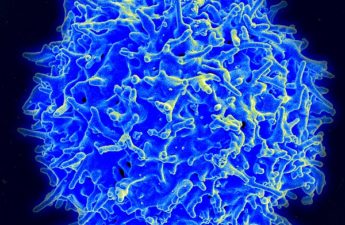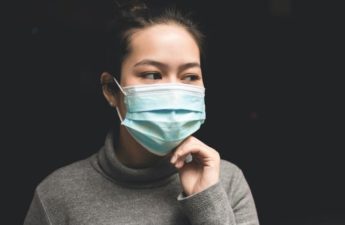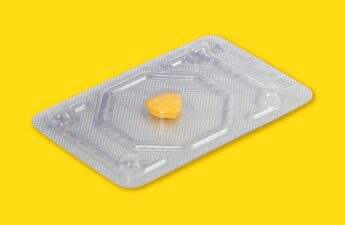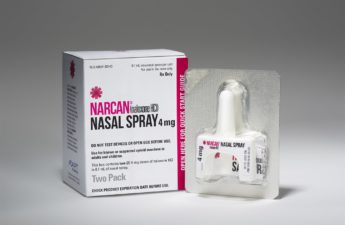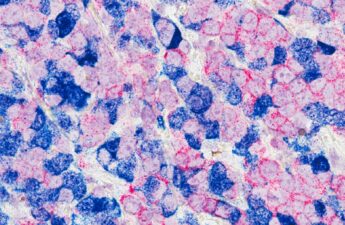Category: Drugs
Stay Ahead of the Class: Ways to Get Your Family Caught Up on Vaccinations Before the New School Year Starts
Now’s the perfect time to make sure your child has the vaccinations they’ll need to start the new year without a hitch. Not only are vaccines required for school and childcare, they’re also one of the best tools you’ve got to help your child stay healthy and thrive, this year and beyond.
Vaccination in pregnancy greatly reduces risk of severe illness and death from COVID-19, and protects babies up to 6 months after birth
Extensive evidence shows COVID-19 vaccinations in pregnancy are safe, when given at any time during the pregnancy.
Do psychedelics really work to treat depression and PTSD? Here’s what the evidence says
Early results from studies around the world have found psychedelic therapy might be effective for treating a range of psychological issues. However, as psychedelic research has grown, limitations of the research have been identified by researchers both within and outside the psychedelic field. One issue is that we aren’t sure whether findings might be due to a placebo effect, which occurs when a treatment works because people expect it to work.
Acetaminophen vs ibuprofen — which works best and when?
Deciding which one you should choose is dependent on the type of pain you are experiencing. Sometimes it might be appropriate to take a medication that contains both drugs.
Mpox update from Public Health — Seattle & King County:
WHY A SECOND VACCINATION IS IMPORTANT NOW
How the Mixed Messaging of Vaccine Skeptics Sows Seeds of Doubt
By Darius TahirKaiser Health News It was a late-spring House of Representatives hearing, where members of Congress and attendees hoped to learn lessons from the pandemic. Witness Marty Makary made a plea. “I want to thank you for your attempts…
New drugs that melt away pounds present more questions than answers but could be key tools in reducing the obesity epidemic
While these medications hold promise, they are not wonder drugs. In my view, they warrant much more research before they become the basis for a new weight management protocol.
Pancreatic cancer: a personalised mRNA vaccine may boost effects of treatment
Half of the patients treated with the vaccine and immunotherapy combination saw an increase in a specific type of immune cell (called a T cell, which is known to protect against cancer).
FDA’s approval of the world’s first vaccine against RSV will offer a new tool in an old fight – 4 questions answered
The new vaccine has been shown to be 80% effective at protecting against RSV-related disease and 94% effective at protecting against severe disease.
The Federal COVID-19 public health emergency declaration ends May 11. What does that mean for you?
This Thursday, the Federal Public Health Emergency Declaration will end, which means there will be changes to how some people receive COVID-19-related care, like testing, treatment, and vaccines.
Acetaminophen overdose is a leading cause of liver injury, but it is largely preventable
Acetaminophen is in more than 600 products, including many over-the-counter pain and cold remedies, is a leading cause of acute liver injury, which can be fatal without a rescue liver transplant. With millions around the world using acetaminophen every day, why are so few people aware of the dangers of overdose?
Emergency contraception is often confused with abortion pills – here’s how Plan B and other generic versions work to prevent pregnancy
There are two types of emergency contraception pills. The most widely known is levonorgestrel, which is sold in the U.S. under the brand name Plan B, along with numerous generic versions. The second type of emergency contraception pill is ulipristal acetate, which is sold under the brand name ella. Both Plan B and ella work by delaying ovulation
Public Health — Seattle & King County describes its efforts to reduce overdoses
If you are a King County resident, order online to have free naloxone mailed to any address. It arrives in plain packaging to protect your privacy.
Breast cancer: progestogen-only and combined birth control both increase risk – here’s what you need to know
Until now, it was thought that only the combined hormonal pill carried a greater risk of breast cancer. But a recent study suggests that the progestogen-only pill (also known as the mini pill) and other forms of hormonal contraception also carry the same increase in breast cancer risk as the combined pill.
Ozempic helps weight loss by making you feel full. But certain foods can do the same thing – without the side-effects
Dietary changes have much fewer risks in terms of side effects, but the responses will take more time and effort.
